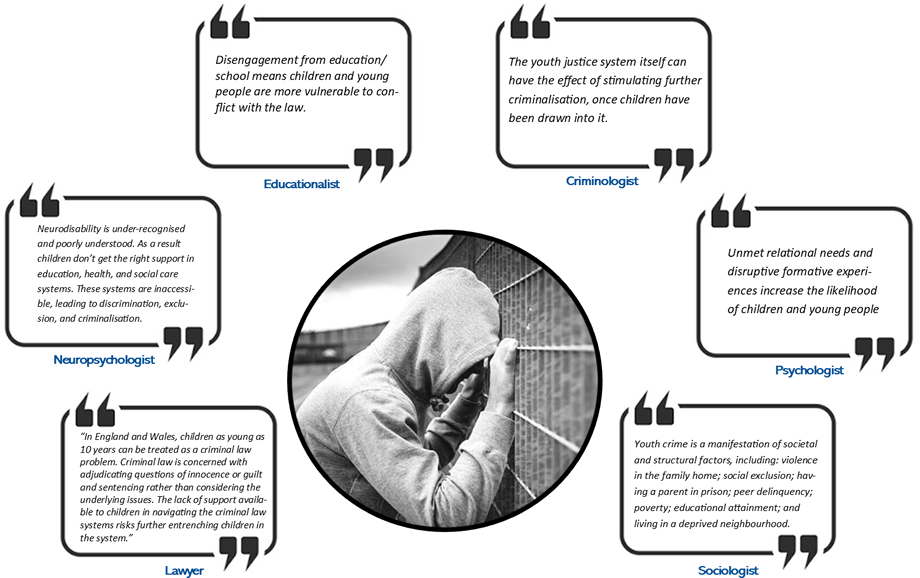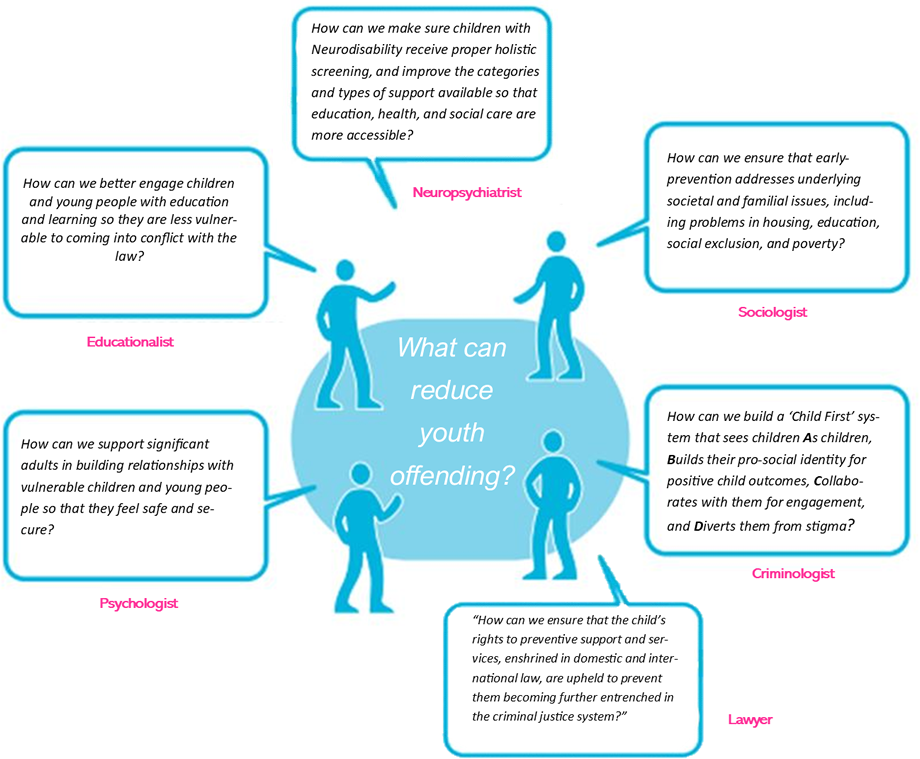WHY TRANSDISCIPLINARY RESEARCH
Transdisciplinary research aims to engage stakeholders in a meaningful way throughout the research process, rather than generating knowledge and then informing stakeholders of the outcome. Whilst not a new field, transdisciplinarity is recently gathering more momentum as we look to gain from the knowledge of multiple disciplines not just to gain different perspective but to reach new solutions to existing problems.
As a research process, transdisciplinary research is different from other forms of contact between bodies of knowledge. In essence it transcends the individual disciplines to enable new insights, unconstrained by those that might be imposed within and by disciplinary frameworks. It starts with the problem, and integrates different disciplinary perspectives, along with stakeholder perspectives, to find a solution. The potential benefits to the approach are considerable, with increased collaborations between disciplines leading to an advancement in our understanding of the interplay between cognitive, social, and emotional factors in complex areas.

Multidisciplinarity for instance, looks at a problem from two or more perspectives, to form separate academic narratives and will not necessarily aim for a synthesis. Interdisciplinarity takes this a step further where two or more academic disciplines work to create a synthesised outcome by finding commonalities between them and producing results that can be analysed through a variety of different lenses. The output should meet the research criteria of all disciplines involved and add value to each separate field. Transdisciplinarity adds a third core element to the process, by introducing non-academic knowledge to the discussion. This can come in the form of policy makers, practitioners or any others who can be seen as relevant stakeholders in the finished research output. T
ransdisciplinary research aims for regular synthesis between the disciplines and ultimately transcends individual disciplines to offer new insights into existing problems that may not have been available without the transdisciplinary process. This can be an effective way to tackle complex, multi-agency issues such as those facing children in contact with the criminal justice system.


NEED MORE INFORMATION?
Do you have something that you'd like to discuss? Please fill out our contact form to get in touch.
CONTACT USBE THE FIRST TO HEAR
Sign up to be the first to hear about latest news and publications.
Thank you for signing up